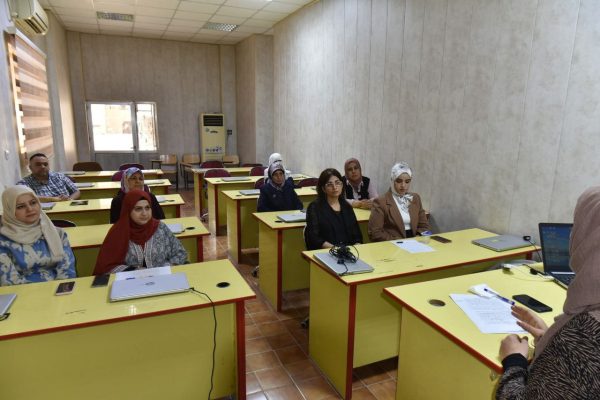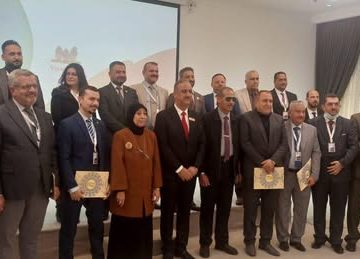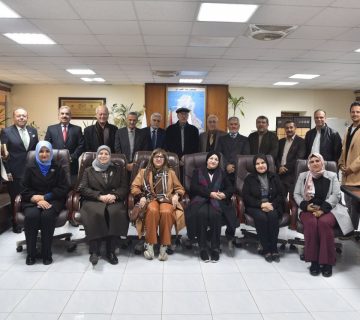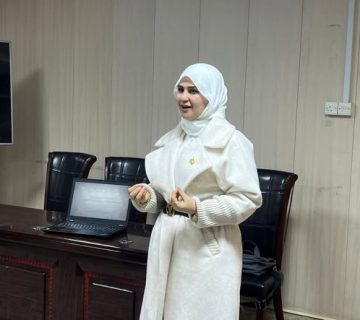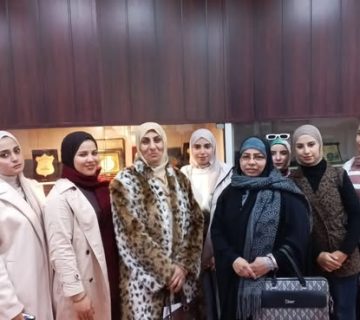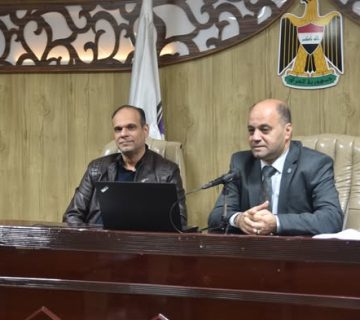Under the patronage of the Dean of the College of Science for Women, Professor Dr. Sameera Naji Khdim, the Continuing Education Unit organized a workshop entitled Human Rights, presented by Ms. Hanan Mohi Naif and attended by a number of the college’s staff members.
The workshop aimed to shed light on the categories and types of rights, such as civil and political rights, social, economic, and cultural rights, as well as environmental rights, development, and the right to self-determination.
The workshop clarified how these rights are classified in legal frameworks into essential and non-essential rights. For example, child upbringing is considered an essential right of the parents, and any interference by others is deemed non-essential. Similarly, the right to marriage is an essential right, while coercion in marriage is regarded as non-essential. Furthermore, a second classification was presented, which distinguishes between individual rights, collective rights, and mixed rights that encompass both financial and non-financial aspects under the law. In the context of human rights, the focus includes the development of security and peace.
The workshop also highlighted another dimension of rights within Islamic Sharia, which are divided into three categories: the rights of individuals (servants), the rights of God—which include prayer, fasting, zakat, and pilgrimage—and shared rights that combine both divine and human aspects.
Additionally, the workshop addressed situations where the exercise of rights is considered illegitimate. These include: when the use of a right aims solely to harm others; when the intended benefits are disproportionately small compared to the harm inflicted on others; or when the interests pursued are unlawful.
The workshop concluded by referring to the rights enshrined in the Iraqi Constitution. The first chapter of the constitution affirms and guarantees all rights, and Article 46 explicitly states that no right or freedom may be restricted except by law. Furthermore, any violation of individual rights entitles the affected party to seek legal recourse through various courts: personal status courts for marital matters, civil courts for issues such as debt or theft, criminal courts for cases involving murder, and administrative courts for employee-related disputes.
